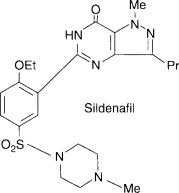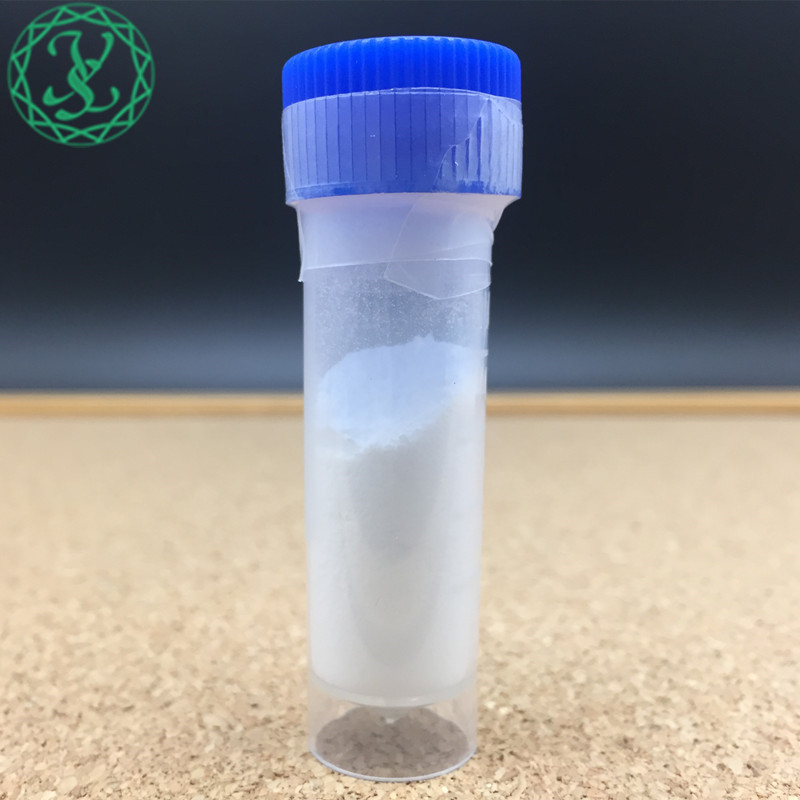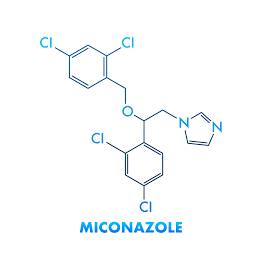Secondhand smoke exposure has dropped dramatically among public housing residents in Philadelphia since the introduction of a smoke-free policy, a new study finds.
Researchers assessed nicotine levels in four Philadelphia Housing Authority properties before and after the smoke-free policy was implemented in 2015.
While the number of places where nicotine was detected remained the same, levels of nicotine fell by nearly half after the policy took effect, according to the study.
"This is encouraging. These data show a reduction in exposure to airborne nicotine, which is an indicator of reduced exposure to secondhand smoke, and, therefore, healthier air in multi-unit housing," said lead author Ann Klassen. She's a professor at Drexel University's School of Public Health, in Philadelphia.
All public housing authorities in the United States must be smoke-free by 2018. This study shows the effectiveness of such policies, the researchers said.
They noted that certain public housing residents -- children, the elderly and those with chronic illnesses -- are especially vulnerable to asthma and other respiratory diseases.
"For all new policies, it is very important to continue to monitor implementation over time and support consistent improvements. Sustainable change takes long-term commitment, but this is a strong start," Klassen said in a university news release.
She said quit-smoking services are an ongoing need in all communities.
"In addition, environmental education -- how secondhand smoke travels and how it remains over time -- is a great interest for residents," Klassen added. "We found that both smokers and nonsmokers are truly interested in learning about how to protect the health of their families and communities."
The results were published recently in the journal Tobacco Regulatory Science.





 ALL
ALL Pharma in China
Pharma in China Pharma Experts
Pharma Experts Market News
Market News Products Guide
Products Guide Brand Story
Brand Story




















 Pharma Sources Insight January 2025
Pharma Sources Insight January 2025








